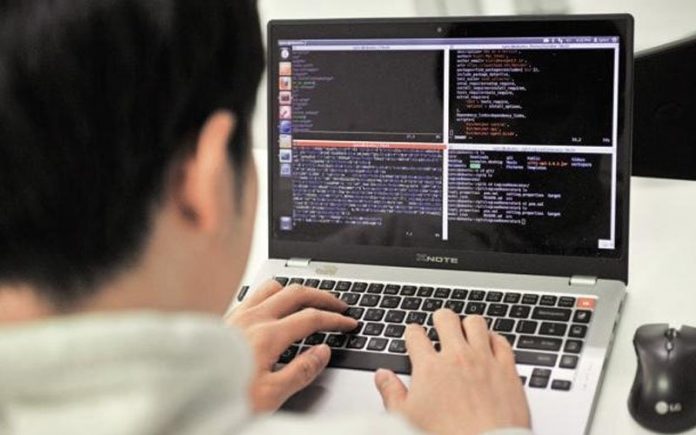
PETALING JAYA: Malaysia needs to regain its position as the gateway to Asia and Asean for foreign investors – a position it has lost to Indonesia – and has to adopt a more business-friendly approach in supporting access to Asian markets, says an economist.
Geoffrey Williams of Malaysia University of Science and Technology said this can only be done through creating high-skilled jobs, adding that it was not just about technological skills.
“Many people misunderstand the Fourth Industrial Revolution (IR 4.0) and the Future of Work as something that requires only tech skills. Actually, the most recent research puts social, personal and interpersonal skills as among those most in demand.
“Subjects in arts, social science and creative industries will be in demand, as well as social and personal care,” he told FMT.
Meanwhile, Universiti Malaya’s Rajah Rasiah lamented the lack of clarity in how Putrajaya plans to implement IR 4.0, adding that announcements of expanded internet coverage for digital infrastructure seem to have little impact.
He told FMT that there were areas in Kuala Lumpur which faced unstable internet connection, questioning how the government planned to introduce modern technology to farmers, if the requisite infrastructure was lacking even in the country’s capital.

“It is extremely important to form a committee of real experts to advise the government on this, to ensure that their direction brings the country forward technologically and economically.”
The economists were commenting on Umno deputy president Mohamad Hasan’s recent comments that neighbouring countries like Indonesia, Vietnam, Thailand and Cambodia have been attracting tech investors despite the pandemic.
Mohamad said Malaysia was experiencing “premature deindustrialisation”, adding that prospects for new growth sectors like the digital economy, banking and finance remained dim without any radical impetus for development.
While acknowledging that Indonesia was now the gateway to the Asian market, Williams said some analysts claim that Jakarta was also experiencing premature deindustrialisation.

“It’s likely that tech giants moved there because of the large market of nearly 270 million people. That is nine times the population of Malaysia,” he said.
Rajah said Malaysia had been going through premature deindustrialisation since the 1990s, pointing out that the export of goods like electronics and processed palm oil involved little value-added activities.
Malaysia, he said, had a higher per capita income than South Korea and Taiwan when the New Economic Policy (NEP) was first launched, but the two countries are now two to three times higher in per capita income.
“The shifting focus of some industries to Indonesia appears more to do with political uncertainty in Malaysia and Indonesia’s focus on the needs of multinationals, as well as a population insulated from ethnic and religious extremism.
“Also, with its large population and increasing focus on the development of technical skills, Indonesia offers a potentially strong regional platform for industrialisation with a target to supply South-East Asia,” he said.



